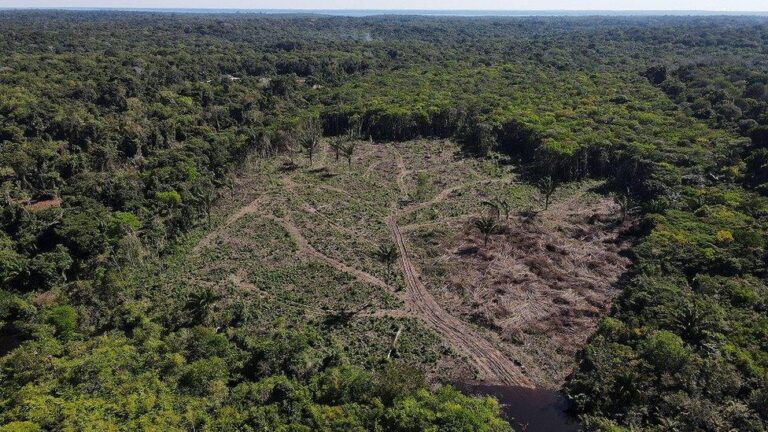Introduction
The Amazon rainforest is often referred to as the “lungs of the Earth” because of its crucial role in global ecology. However, this essential ecosystem is increasingly threatened by deforestation, which disproportionately affects Indigenous communities. These communities have lived in harmony with the forest for centuries, making the current situation even more dire.
The Impact of Deforestation
Loss of Land and Resources
Deforestation not only diminishes the forest’s biodiversity but also encroaches on Indigenous lands. As trees are cut down for agriculture and logging, the land that Indigenous peoples rely on for their livelihood is gradually disappearing. This loss of territory threatens their cultural practices and traditional ways of life.
Violation of Indigenous Rights
The violation of Indigenous rights is an alarming consequence of rampant deforestation in Brazil. Many Indigenous groups are facing legal and illegal land invasions which undermine their rights and autonomy. These invasions often lead to violence and displacement, pushing these communities further into poverty.
Government and Corporate Accountability
Efforts to hold companies and the government accountable for their roles in deforestation are vital. International outrage and advocacy can pressure Brazil to protect Indigenous lands more effectively. Organizations like The Borgen Project highlight the need for sustainable practices and legislation to fortify Indigenous rights.
For more information on Indigenous rights in Brazil, visit this article.
Conclusion
the fight against Amazon deforestation is inextricably linked to the rights of the Indigenous peoples who call it home. Protecting these communities and their land is not just an ethical imperative but essential for preserving the planet’s rich biodiversity. As awareness grows, it is crucial for all of us to advocate for policies that respect Indigenous rights and the integrity of the Amazon rainforest.

